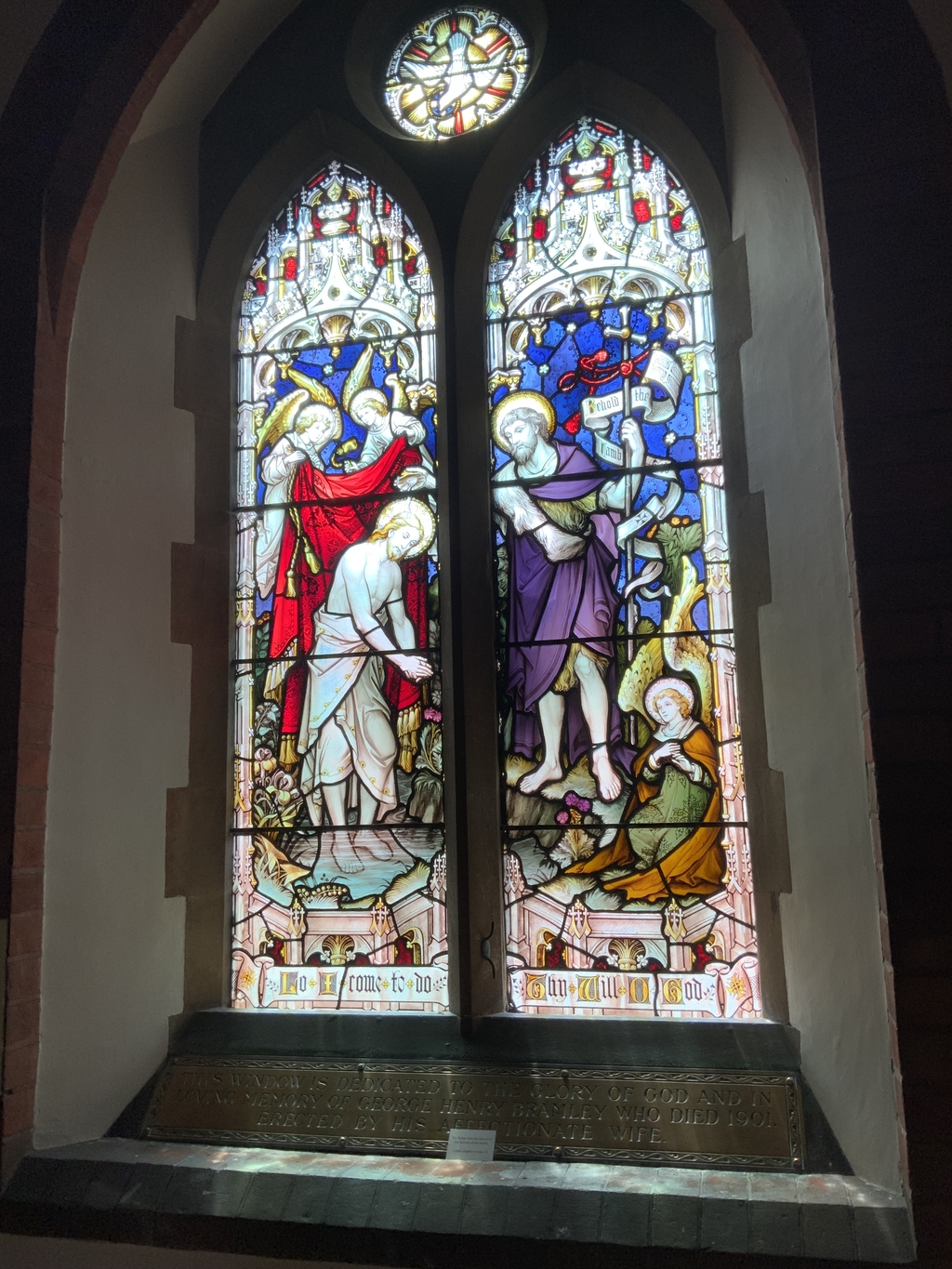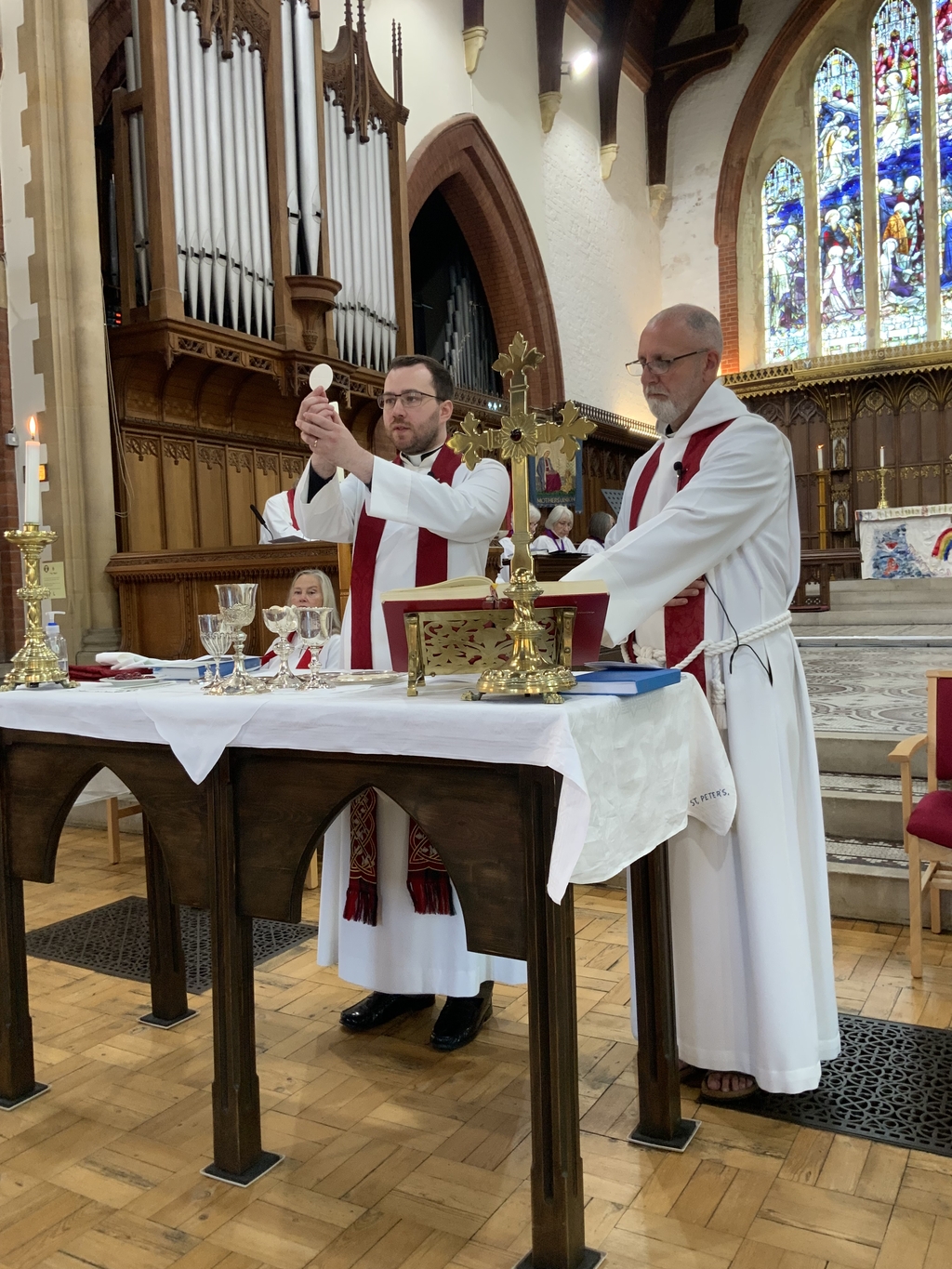Our News and Notices section includes a message from the minister each week, except for the first Sunday of each month when we recommend the Heartedge Bible reflection for the week. We prepare a weekly newsletter which is available by email. If you would like to be included on the distribution list do send us a message. A hard copy of the newsletter may be collected from our church gate.











